Chloe Braswell
"Remarketing the Marketing Industry"
By Robin Bates
This year marked the inaugural Sanders Seminar on the Historian's Craft. Thanks to the generosity of alumnus Ian Sanders ('91), the Department can offer this special two-quarter sequence in which exceptional undergraduates read classic and cutting-edge historical scholarship as they situate themselves in relation to major ongoing debates. The seminar welcomed visits from leading historians Beverly Gage of Yale University, Megan Brown (Northwestern '08) of Swarthmore College, Sarah Kovner of Columbia University, and Kenneth Pomeranz of the University of Chicago. During the second half of the seminar, students planned and implemented an original primary-source research project, including the composition of a journal article-length research essay (10 to 12 thousand words), affording them the opportunity to find their voice as intellectuals in their own right. We hope that the 2023-24 seminar will be the first of many to come!
"Remarketing the Marketing Industry"
"Military Service and Modernity in Corrèze, 1870-1914"
"Senate Subcommittee to Investigate Juvenile Delinquency: Reimagining S&M, Pornography, and Crime"
Winner of the 2024 Josef Barton Research Seminar Essay Award
"Fashionable Friendships: Elite Women’s Pivotal Role in the Evolution of Regency Style (1780-1810)"
"Gentrifying Desegregation: A History of Chicago School Choice and the Policies That Accompanied It"
"Pre-Christian Armenia as a 'Religious Borderland': A New Perspective on Frontier Studies in Classical Antiquity and the Role of Religion in the Formation of a Proto-Armenian Identity"
"Radio and the Sublime: The Cold War’s Effects on the Shortwave Listening Receiver Space"
Fall Quarter only
"Three Mile Island and the Decline of U.S. Nuclear Power: An Application of Sovacool and Valentine’s Nuclear Socio-Political Economy Theory"
"Continuity of the Natural Aesthetic in Vegetarian Movements in America"
"Reconnecting Threads: South Slav Return Migration from the U.S. in the 1910s and 1920s"
"Society’s Sick(niks): The Origins of the 1950s Sick Comics and their Evolution into Today’s Comedy Activists”
Fall Quarter only
"Grief, AIDS, and Activism: Gran Fury's Art in the 21st Century"
"Gender Roles and the Women of the 1894 Pullman Strike"
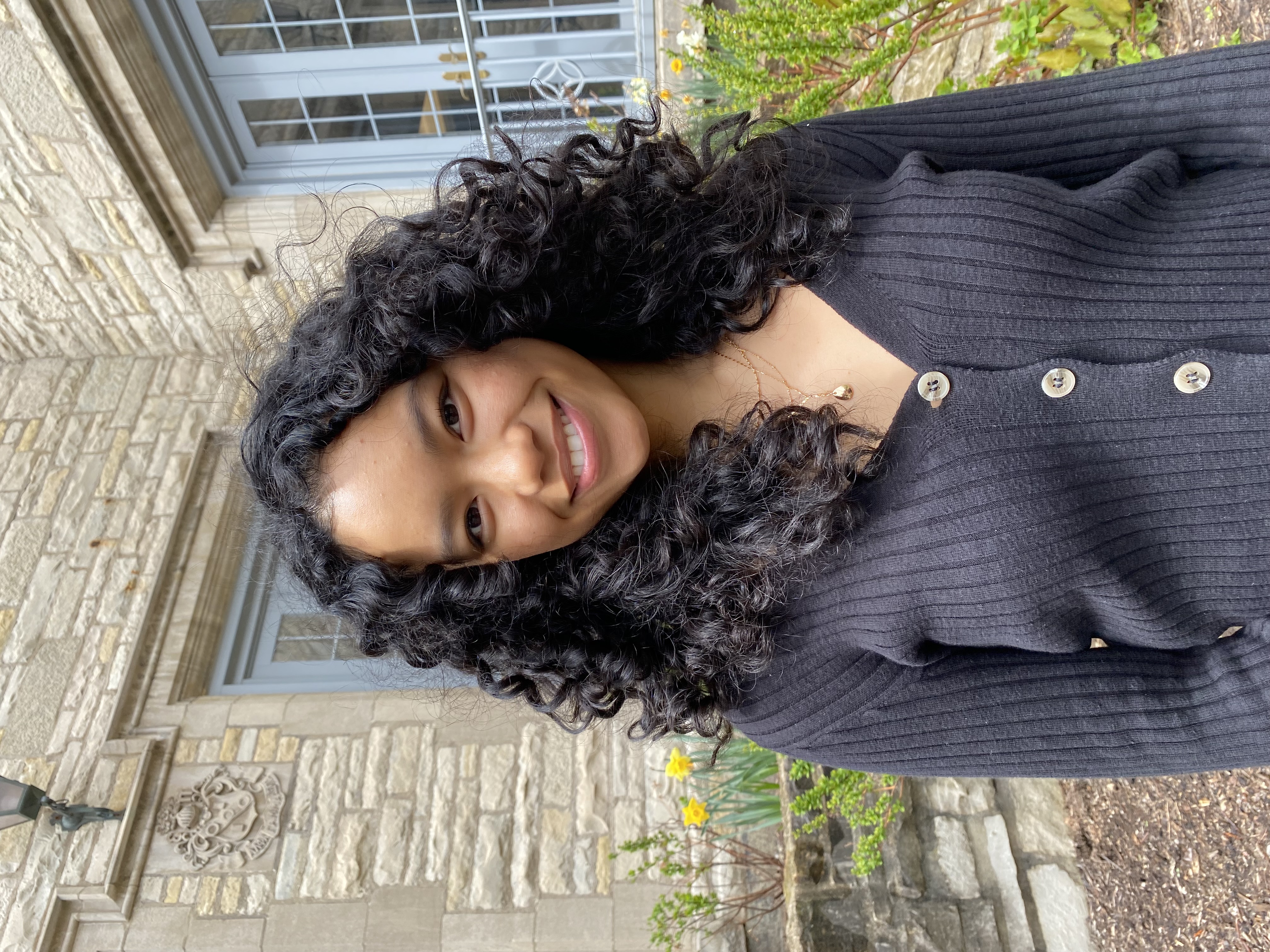 Chloe Braswell
Chloe Braswell
"Collaborating in the classroom was a lot of fun and provided me more support than I expected as our research developed! It was really nice to discover that the hurdles I dealt with during my research were also experienced by my peers. Meeting the guest speakers taught me that there really is no single way to do research, but either way, research truly thrives on the support of others. My paper wouldn't have been what it was without the encouragement and support of my classmates, Professor Bates, and our guest historians."
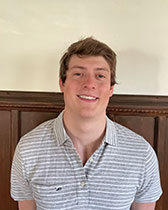 Zach Gershowitz
Zach Gershowitz
“After two quarters in the program, what sticks out is the intimacy of our class. I've loved Northwestern, but one thing I always missed was the ‘high school’ experience, where I was in open discussion with my teachers and got to know all my classmates over the course of a year of class. This was the environment fostered by Professor Bates for the Sanders Seminar. In this environment I learned how to research and engage with primary sources at a high level, culminating with a research project that solidified these skills and meaningfully closed out my experience as a Northwestern history student. I could not recommend the Sanders Scholars program more highly for history majors at Northwestern.”
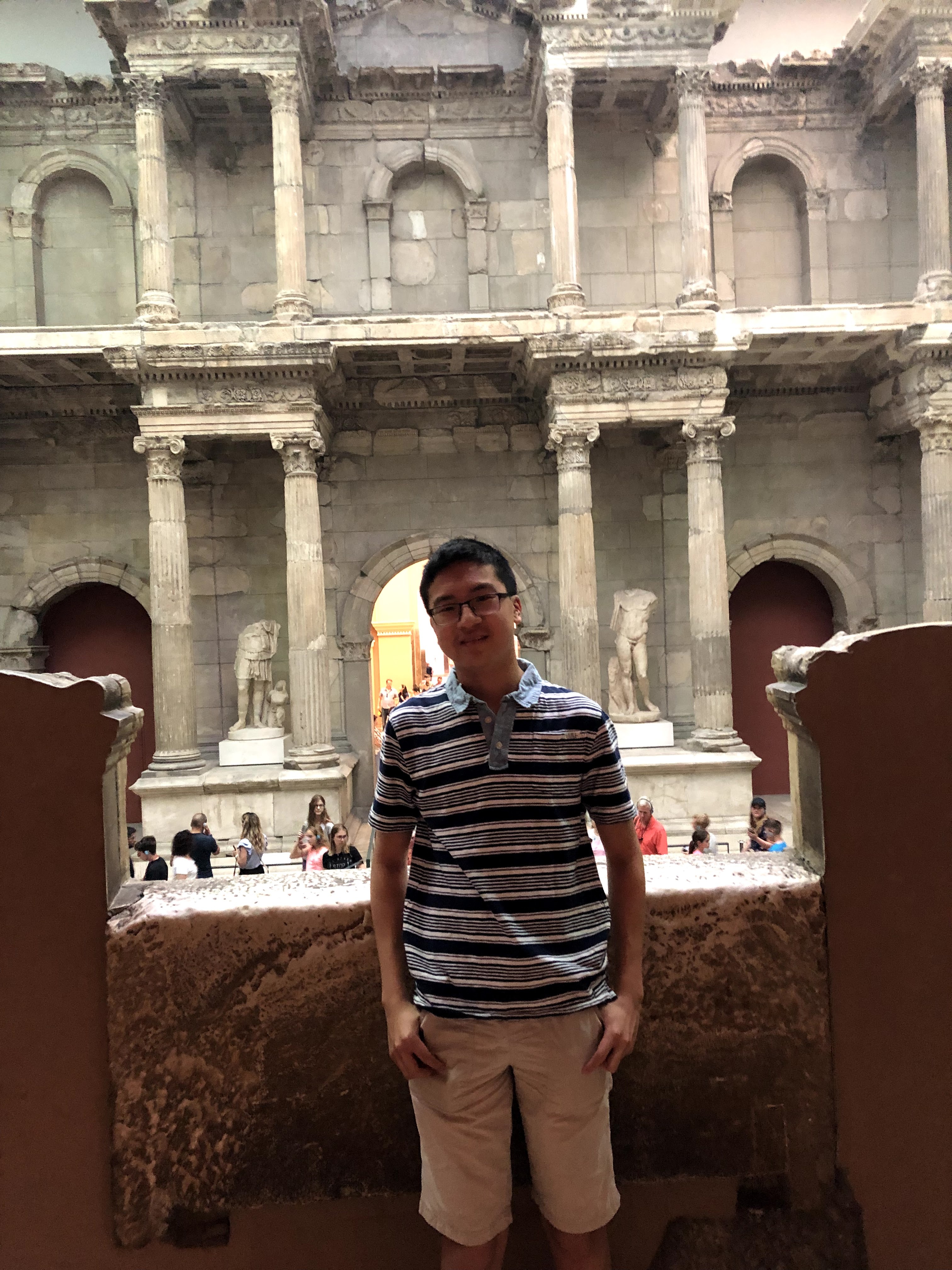 Jason Huang
Jason Huang
“I think what I will take away from our two quarters is not only how to think like a historian, but what it means to be a historian. The guest historians that we met throughout the quarter wrestled with important historical research topics. But perhaps more importantly was how they questioned and interrogated how people should interpret history, interact with history, and learn from history. While I learned important skills on how to structure a history paper and how to conduct historical research, what I will really take away is that the field of history is one of constant dialogue: among peers, texts, and one's own ideas. This was a valuable experience and especially meaningful to me as a science major accustomed to a different type of problem-solving.”
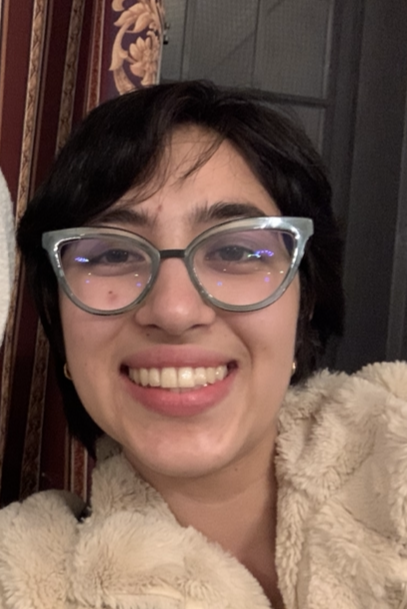 Inaya Hussain
Inaya Hussain
"Everything about this course was engaging. I loved the discussion, I loved meeting the historians we read, I loved the papers we wrote. Ultimately, my favorite part was the research project because it helped me define for myself why I care about history and life on the whole. I felt so energized conducting my own research on the human experience and what draws people together. I'm going to be looking for experiences like this for the rest of my time at Northwestern."
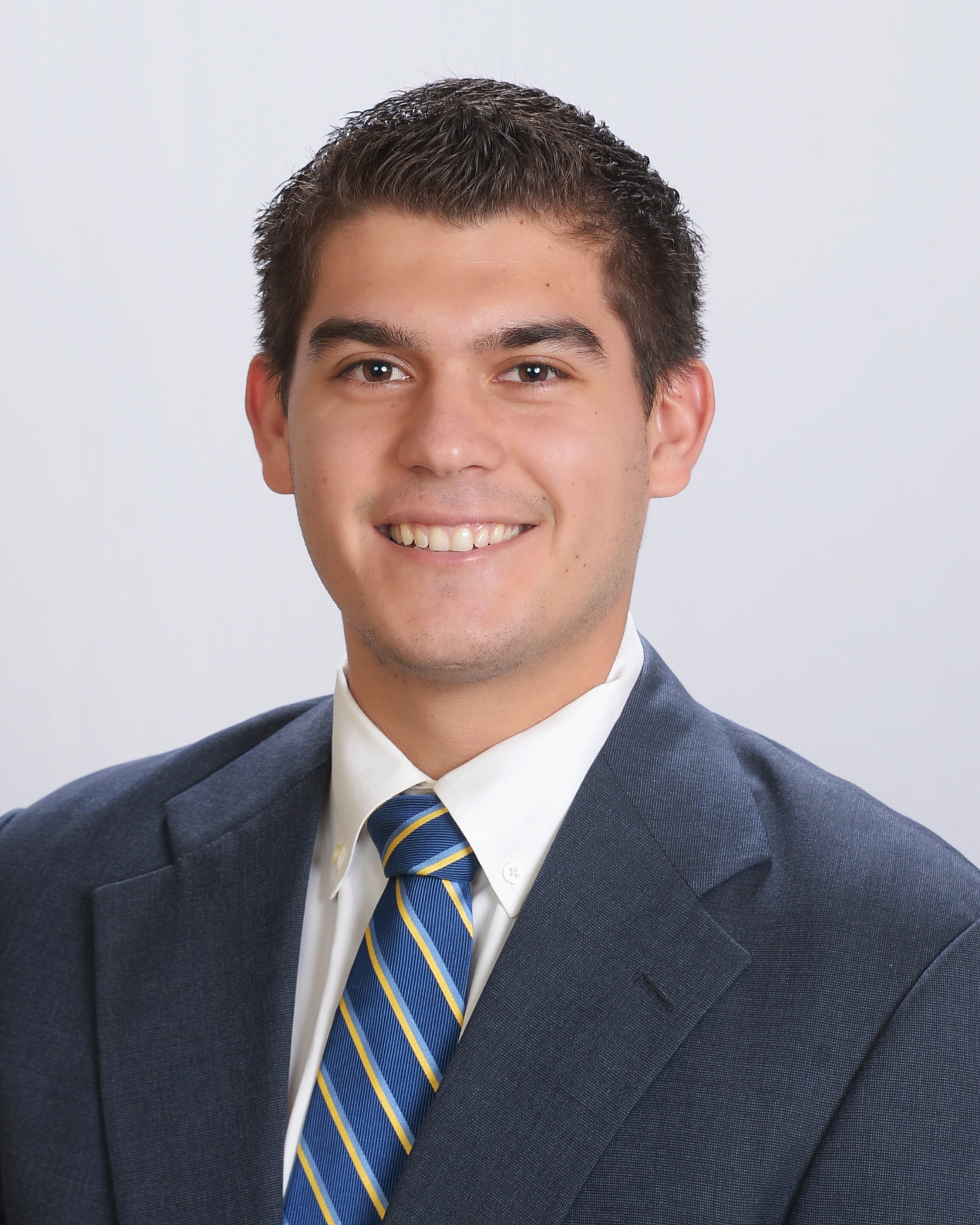 Andres Kaneb
Andres Kaneb
"The Historian's Craft seminar was the highlight of my experience as a History student. For starters, historiography is a study that I wasn't familiar with prior to the seminar, but I realized its value early in the Fall Quarter of the seminar. When Beverly Gage, author of G-Man: J. Edgar Hoover and the Making of the American Century, visited class after we read her book, I was left marveling at the amount of time and effort that she invested into her work. Normally, I read a book or essay and don't think twice about the time and effort that needs to be invested into producing it. It was fascinating to hear her talk about all the steps she went through to publish Hoover's biography. My personal favorite guest author was Kenneth Pomeranz, author of The Great Divergence: China, Europe, and the Making of the Modern World Economy. As a history and economics major, it was interesting to ask Pomeranz about how he conducted his research and why he decided to approach certain subjects in a specific way. The opportunity to holistically analyze the study of history and talk to notable historians was something very unlike my previous history courses which was a welcome experience. A key part of the success of the seminar was everyone's desire to contribute to class discussion. Normally, history discussions are dictated by a few individuals, yet with the Historian's Craft it was a welcome experience being surrounded by a group of people who all wanted to participate. Additionally, the writing of my research paper was the most difficult, yet gratifying part of the class. It was made significantly easier and more interesting, however, by going through the writing process along with everybody else in the class. It was a collective journey going through the ups and downs together. Lastly, Professor Bates was the key piece who guided us through our research of the study of history, but also our individual research projects. He perfectly mediated class discussions with visiting authors and guided us on how to best analyze history. Overall, it was an unbelievable experience."
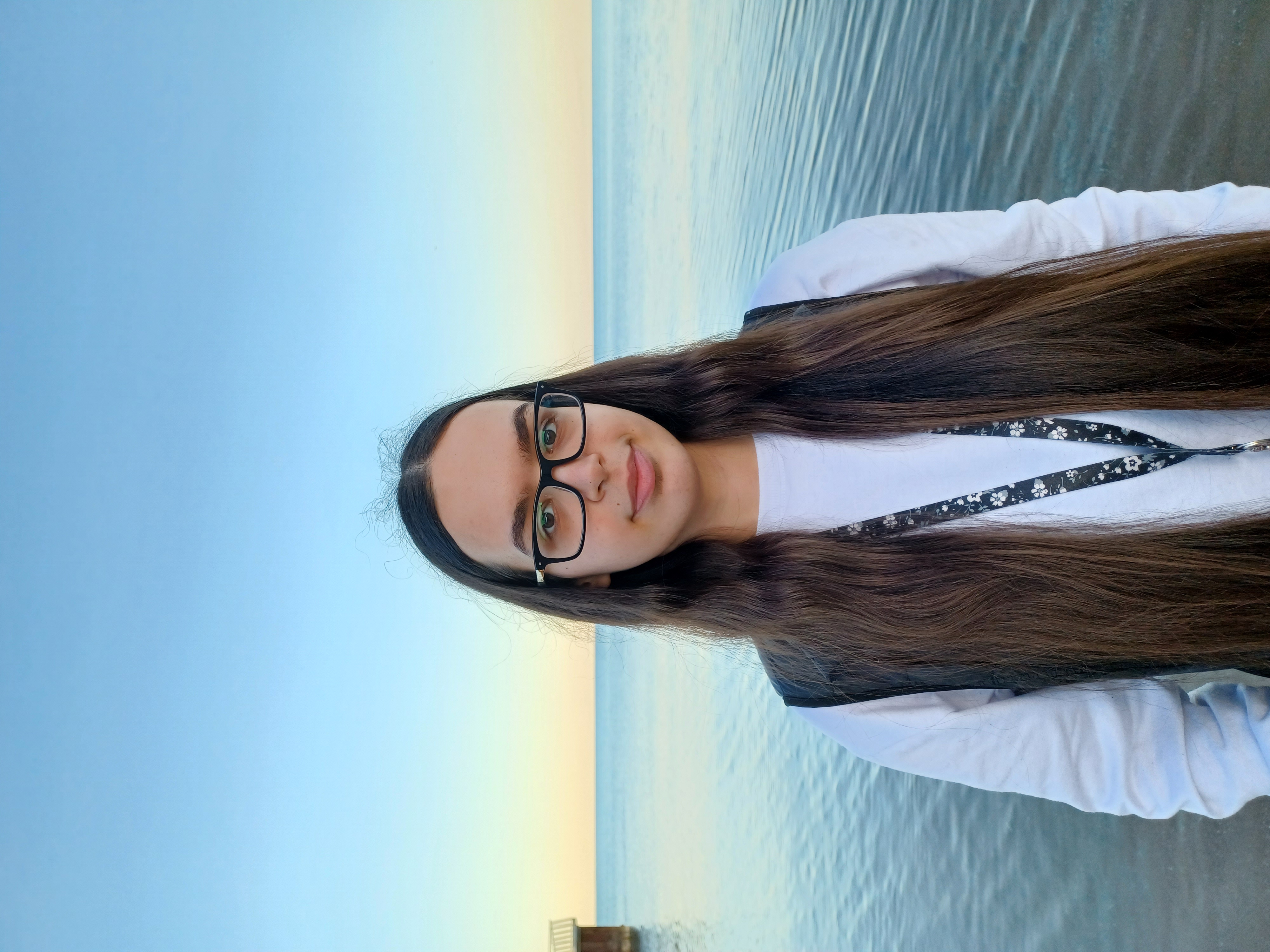 Jovana Lakić
Jovana Lakić
"While there are many valuable lessons to take away from my time in this seminar – ranging from collaborating with my peers to meeting distinguished guest historians – perhaps the most impactful experience for me personally was the opportunity to design and implement my own research project based entirely on my interests and the sources available to me. Unlike many classes at Northwestern, which may not always cover extremely niche topics of your interest or allow you to choose what to write about, this seminar provided a unique platform for intellectual exploration. Even working as a research assistant for another professor's project doesn’t offer quite the same level of flexibility and autonomy to delve deeply into one's own interests. While conducting the research was indeed challenging, it was also very personally rewarding and satisfied the part of me that had always been curious about my topic but unsure how to go about studying it on my own. Additionally, this experience strengthened my interest in writing an honors thesis in my senior year, as I feel much more prepared and motivated, even if my topic is not staying the exact same."
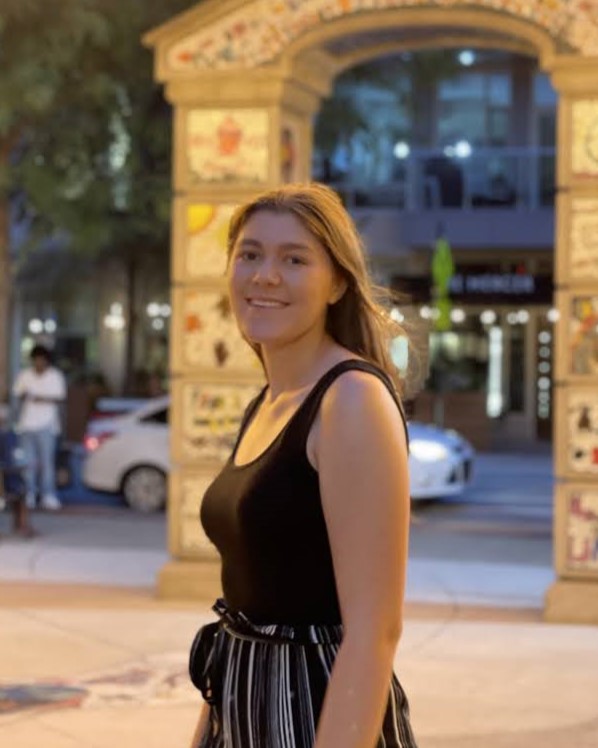 Margaret Sprigg-Dudley
Margaret Sprigg-Dudley
"The Sanders Scholars program class taught me new ways of interpreting and communicating history. Everyone in the class came from a wide variety of background knowledge, making the discussions lively and enjoyable. This, combined with the visits from guest histories, helped me connect with history and historical writing in a unique way. I loved being part of the group."